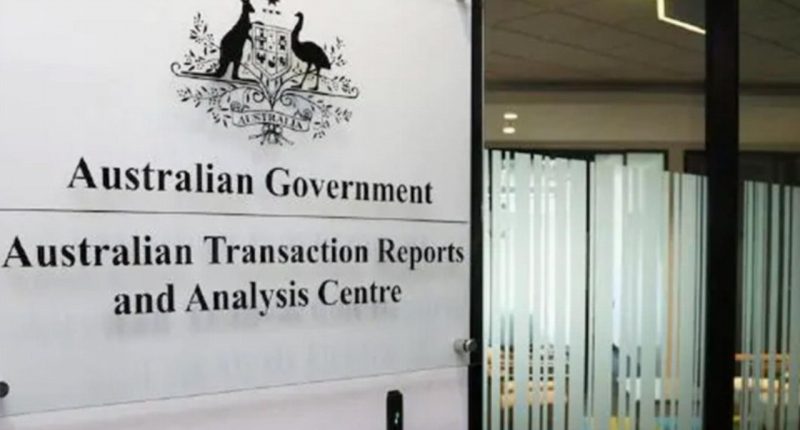Every country has a financial regulator to prevent and investigate financial fraud. Australia, too, has one in place, the Australian Transaction Reports and Analysis Centre, popularly known as AUSTRAC Reporting. As the country’s financial regulatory and intelligence system, AUSTRAC monitors businesses to regulate financial transgressions. It derived its legality under the Financial Transaction Reports Act and Anti-Money Laundering and Counter-Terrorism Financing Act 2006 (AML/CTF act).
Complying with AUSTRAC rules and regulations is mandatory for finance businesses in Australia. Businesses submit their financial transactions in a detailed report as mandated by the AML/CTF act to AUSTRAC Reporting.
AUSTRAC Initiatives
The regulatory institution implements several initiatives that prevent financial crimes in the business environment. Let’s look into some of the initiatives of AUSTRAC:
De-banking
AUSTRAC’s de-banking focuses on the rise of money-laundering cases in Australia. It suggests businesses improve their risk-management solutions to deal with high-risk clients. AUSTRAC released a statement on de-banking in 2021.
Cryptocurrency Exchanges
The current regulations of AUSTRAC on cryptocurrency transactions are similar to other financial regulators in the country. However, the Senate Select Committee proposed a new cryptocurrency transaction licensing method. This will help the institution fill the regulatory system gap to increase the consumer’s financial safety.
Documents Required for AUSTRAC Reporting
All finance organisations must submit the following documents to AUSTRAC to ensure financial compliance in Australia. A third-party reporter can help to collate all the documents in no time!
- International Transfer of Funds
An international funds transfer report (IFTI) is required for money transfers outside the nation. Regardless of the transactional method or value, organisations must produce this document. The IFTI document is to be submitted by the companies within ten business days after the transaction.
- Threshold Transaction Reports (TTR)
AUSTRAC requires Australian companies to submit TTR documents if the monetary value of the transactions is $10,000 or more. One should also submit the equivalent transaction for an amount equal in foreign currency. Within ten working days of the transaction, the companies must submit the TTR paperwork to AUSTRAC.
- Cross-Border Movement Report
Under the amended Anti-Money Laundering and Counter-Terrorism Financing Act, businesses must submit a cross-border movement (CBM) document to AUSTRAC if the transaction involves money worth $10,000 or more moving across borders. This document has to be submitted within five business days.
- Suspicious Matter Report
This is a crucial document, and businesses must submit a suspicious matter report (SMR) in case of any suspicious activity within 72 hours of the transaction to AUSTRAC. And if the financial transaction is linked to certain law-abiding credentials that qualify as against national security, the report must be submitted within 24 hours of the transaction.
Tips While Submitting Compliance Report
- It is advisable to use a powerful financial transaction monitor, which can help detect suspicious transaction activity at the earliest. This will also minimise any false positives and decrease the workload.
- Detecting high-risk customers with efficiency will help businesses. A few monitoring tools will help in the automated detection of suspicious activity and can raise the alarm.
- Keeping the terror financing risk assessment and money laundering reports updated will help submit the compliance report on time.
Final Thoughts
Businesses can face the risk of financial fraud while dealing with numerous transactions regularly. So, they must prevent fraud by complying with AUSTRAC Reporting rules. While providing compliance reports, the above tips can help prevent any delay in the procedure. Businesses that make innumerable international transactions require a third-party team of experts who can constantly monitor these transactions to be legally compliant with the AUSTRAC rule. Hire a competent AUSTRAC reporter and cover all your bases today!





